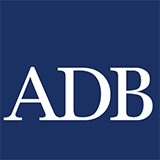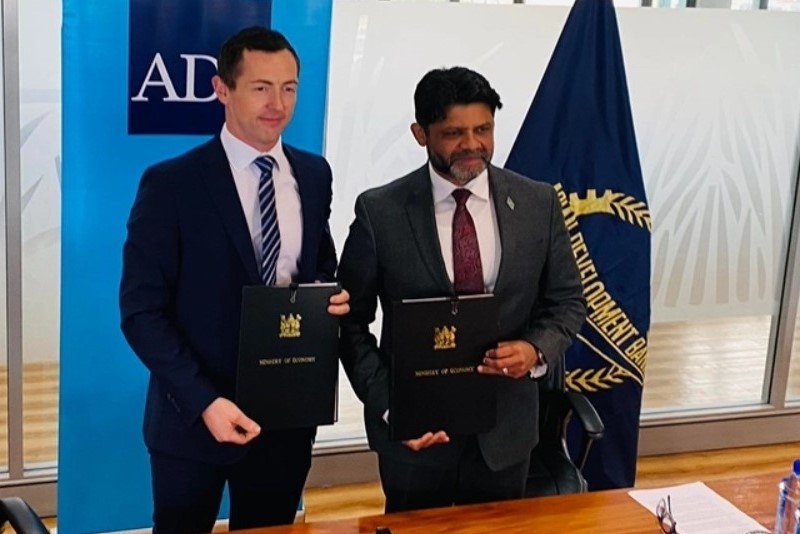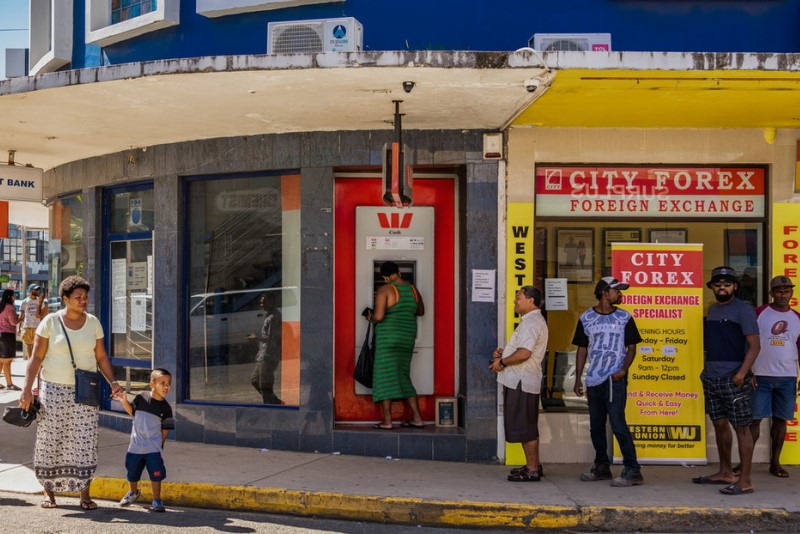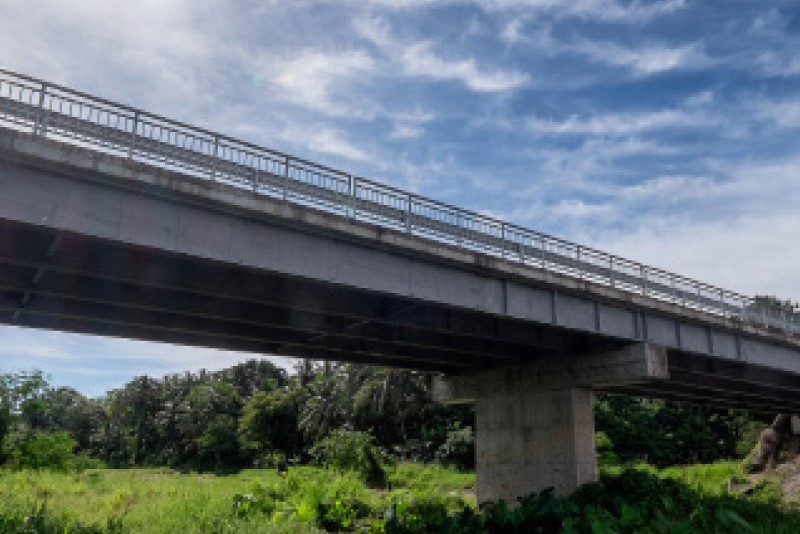The Ministry of Foreign Affairs and Trade and the International Aid for Development Agency take charge of New Zealand’s official development assistance.
New Zealand’s assistance focuses on sectors such as information and communication technology, education, energy, health, oceans and fisheries, rural development, and transport. Its priority themes include governance, security, economic development, climate change, disaster risk management, economic and policy work, human development and labor mobility, social protection, support of global goals and targets, and trade and the private sector. This support is provided in Realm countries (self-governing dependents of Cook Islands, Niue, Tokelau, and Ross); other Pacific countries; and ASEAN (i.e., Cambodia, Indonesia, the Lao People’s Democratic Republic, Myanmar,* the Philippines, and Viet Nam).
Sovereign Cofinancing. In 2022, New Zealand supported Samoa in implementing reforms to restore fiscally sustainable growth led by the private sector through a grant of $4.40 million and Fiji in restoring fiscal sustainability and inclusive climate-resilient economic growth through a grant of $1.60 million.
Nonsovereign Cofinancing. The Trade and Supply Chain Finance Program (TSCFP) supported over 120 transactions valued at $32.9 million with a bank domiciled in New Zealand from inception to December 2022. During the same period, the TSCFP supported over 310 New Zealand exports and/or imports valued at $149.3 million. In 2022 alone, the TSCFP supported 10 transactions valued at $5.2 million with a bank domiciled in New Zealand and supported 45 New Zealand exports valued at $40.9 million. Exports and/or imports were mainly to/from Bangladesh, Pakistan, and Mongolia. Underlying goods involved mostly food and agriculture-related goods, raw and non-energy commodities as well as consumer goods.
Special funds. New Zealand contributes to ADB special funds where contributions from financing partners are administered with the same level of care as ADB’s own resources. Since becoming a member in 1966, New Zealand has committed a total of $214.8 million to special funds, of which $199.9 million went to the Asian Development Fund (ADF). The ADF provides grants to ADB’s low-income developing member countries to promote poverty reduction and improvements in the quality of life.
News
The Sustainable and Resilient Recovery Program is helping Fiji recover from the COVID-19 pandemic and build resilience against climate and disaster risks. The program is cofinanced by the governments of Australia and New Zealand and the Japan International Cooperation Agency and has benefited from advisory work by the European Union, the International Monetary Fund and its Pacific Financial Technical Assistance Centre, and the World Bank.
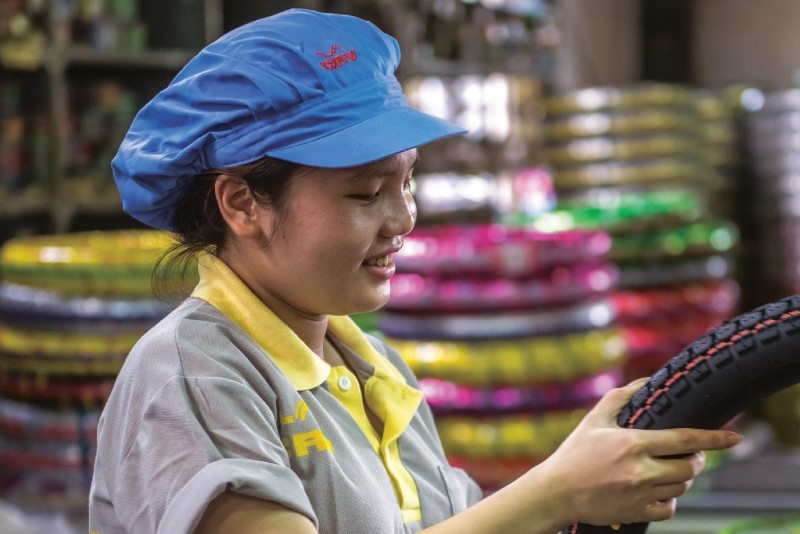
ADB, VPB Sign $500 Million Social Loan Package to Expand Access to Finance for Women-Owned SMEs in Viet Nam
Women-owned small and medium enterprises (WSME) in Viet Nam find it difficult to access finance because of lack of collateral, low financial literacy, higher risk perception by banks, and limited awareness among banks of the potential of the women’s market. To help address this issue, ADB and Vietnam Prosperity Joint Stock Commercial Bank (VPB) signed a loan package to enhance support to WSMEs.

